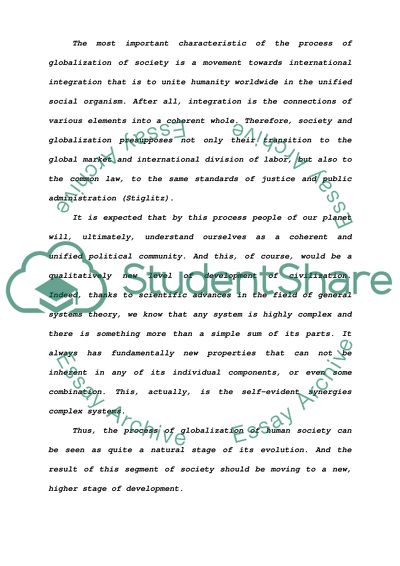Cite this document
(What Impact Has Globalization Had on the Nation-State Research Paper, n.d.)
What Impact Has Globalization Had on the Nation-State Research Paper. Retrieved from https://studentshare.org/politics/1713806-what-impact-has-globalisation-had-on-the-nation-state
What Impact Has Globalization Had on the Nation-State Research Paper. Retrieved from https://studentshare.org/politics/1713806-what-impact-has-globalisation-had-on-the-nation-state
(What Impact Has Globalization Had on the Nation-State Research Paper)
What Impact Has Globalization Had on the Nation-State Research Paper. https://studentshare.org/politics/1713806-what-impact-has-globalisation-had-on-the-nation-state.
What Impact Has Globalization Had on the Nation-State Research Paper. https://studentshare.org/politics/1713806-what-impact-has-globalisation-had-on-the-nation-state.
“What Impact Has Globalization Had on the Nation-State Research Paper”. https://studentshare.org/politics/1713806-what-impact-has-globalisation-had-on-the-nation-state.


